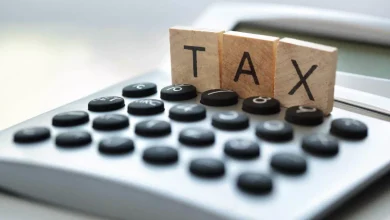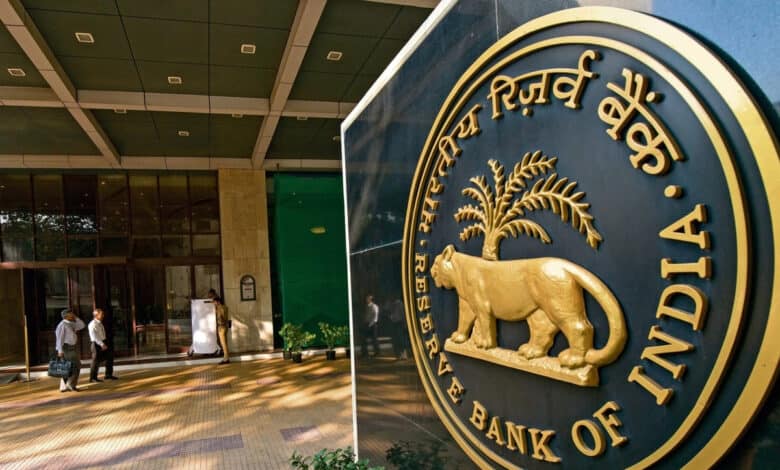Will banking services be closed tomorrow? Check state-wise list

Business Business : Janmashtami 2024 Bank Holidays: On the occasion of Janmashtami 2024, some bank branches will remain closed in some areas tomorrow, August 26, as per the guidelines of the Reserve Bank of India (RBI). This closure will not be uniform or nationwide as bank holidays vary according to states, so many banks will provide services in some cities. While banks will remain closed on Janmashtami 2024 in Gujarat, Odisha, Uttar Pradesh and other states, services will not be affected in some states. Janmashtami 2024, State-wise List of Bank Holidays on Monday Banks in these states will remain closed on the occasion of Janmashtami 2024: Ahmedabad (Gujarat), Bhopal (Madhya Pradesh), Bhubaneshwar (Odisha), Chandigarh (Union Territory), Chennai (Tamil Nadu), Dehradun (Uttarakhand), Gangtok (Sikkim), Hyderabad (Andhra Pradesh and Telangana), Jaipur (Rajasthan), Jammu, Srinagar (Jammu and Kashmir), Kanpur (Uttar Pradesh), Kolkata (West Bengal), Lucknow (Uttar Pradesh), Patna (Bihar), Raipur (Chhattisgarh), Ranchi (Jharkhand), Shillong (Meghalaya), Shimla (Himachal Pradesh). Both public and private banking services will be affected in these areas.
Banks will not remain closed here While banks in major financial centres like Mumbai and New Delhi will function as usual, banking services in states like Maharashtra, Karnataka, Assam, Kerala and Goa will also continue uninterrupted on this day. What services will be available on Janmashtami 2024 Services available when banks are closed on a bank holiday On a bank holiday, essential banking services such as cash withdrawals, transfers and balance checks remain operational through alternate modes such as ATMs or online banking services. Other services such as bill payments, recharges and account management remain operational during the bank holiday. Janmashtami 2024 Janmashtami, also known as Krishna Janmashtami or Gokulashtami, is a Hindu festival celebrating the birth of Lord Krishna, the eighth incarnation of Vishnu. It usually falls in August or September on the eighth day (Ashtami) of the dark fortnight in the month of Bhadrapad according to the Hindu lunar calendar. The festival is observed by fasting, devotional songs and prayers, especially at midnight, which is believed to be the time of Krishna’s birth. In many regions, celebrations include reenactments of Krishna’s life, decorating homes and temples, and the popular Dahi Handi tradition, where teams form human pyramids to break a pot filled with yogurt, symbolizing Krishna’s playful and mischievous nature as a child.





